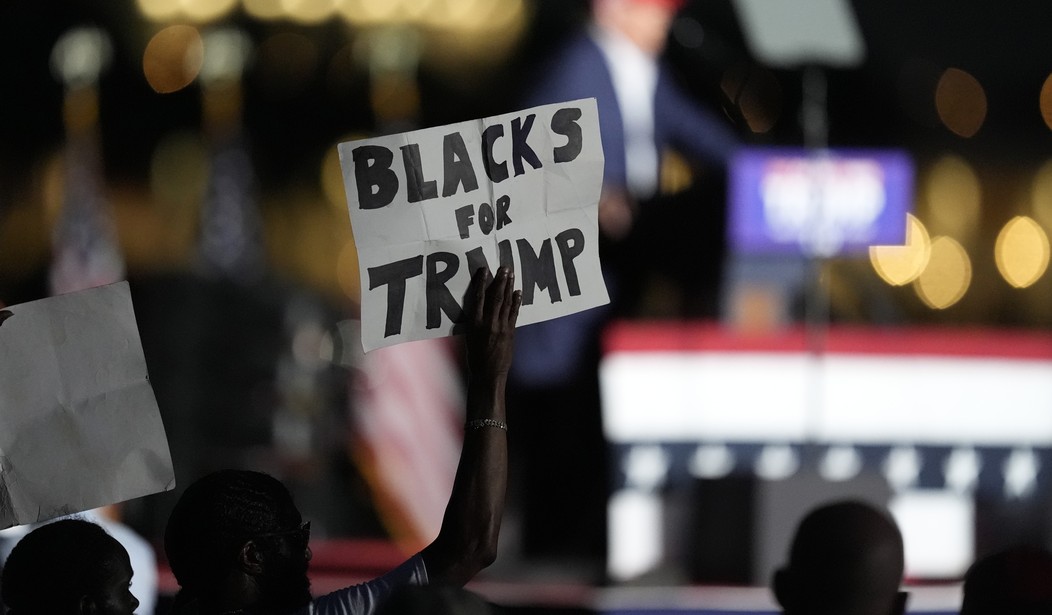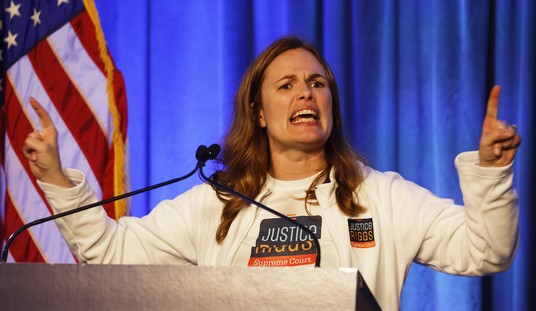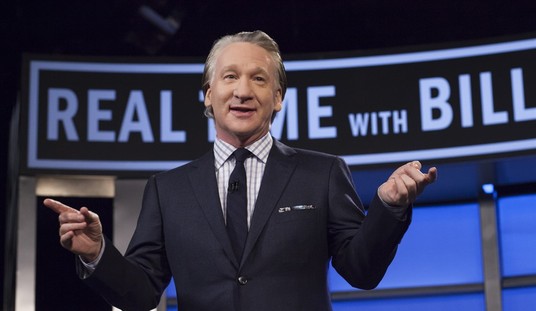Political elites and talking heads talked about it on election night and in the weeks since: Was the 2024 general election an anomaly because Kamala Harris was a terrible communicator and an even worse campaigner, continually flip-flopping on her policies and revealing herself as a radical San Francisco leftist, or was the election truly the beginning of a historic shift?
To legitimately ponder the question of whether any election is the beginning of a historic realignment rather than a political one-off, multiple factors must be considered; first and foremost among them, demographics: race, gender, education, income, regional shifts, and previous lessons learned, including economic impact patterns.
So What Was Different in 2024?
As The Epoch Times pointed out in a recent article, a shift saw traditionally Democrat voters, and to a lesser extent Republican voters, move to the other side. According to experts, the shift actually started long before, though more subtly than in this cycle.
The 2024 presidential election could be remembered as the year when Republican and Democratic voters reshuffled themselves into new coalitions based on class, according to experts.
The shift has been seen over the past four election cycles but became pronounced in 2024. Working-class voters chose the GOP in this election, while higher-income, higher-educated voters favored the Democrats, which marks a significant change.
College graduates favored Republican candidates in every election but one from 1988 through 2004. That began to change in 2008 and accelerated in 2016 when Democrats gained a solid majority of 55 percent among college graduates and held it the next two elections.
At the same time, voters without a college diploma have increasingly voted Republican. The shift began in 2012, when Republicans gained two percentage points among this demographic, landing at 48 percent. By 2024, Trump had reached 63 percent support from those with a high school education.
A similar migration occurred in terms of income. In 2012, 60 percent of voters with household incomes of less that $50,000 voter Democratic. By 2024, that number has dropped to 44 percent.
The election also marked a tipping point for upper-income voters. In 2024, a majority of households earning more than $100,000 per year voted Democratic for the first time since the data had been tracked.The Republican share for this group was 46 percent, the lowest ever.
The sub-question in each of the above examples is "Why?"
Why did historically significant numbers of working-class voters abandon Kamala Harris and the Democrat Party in favor of Donald Trump and down-ballot Republican candidates? Why, since the 2004 presidential election, have a sizable portion of college graduates shifted to voting Democrat rather than Republican?
The same question can be asked about race.
While the question in each case is easy, the answers are often more complex, but to suffice it to say -- at least in my not-so-humble opinion -- working class and less-educated Americans have been far more hurt by Democrat policies and hollow promises and have finally, after decades, began to realize it.
This brings to mind the often-overused "It's the economy, stupid" admonition, or the historical belief that "people vote their pocketbooks."
Given the disastrous four years of "Bidenomics," it's easy to conclude that everything from prices at the gas pump and grocery store to the cost of a new home were primarily to blame. But 2024 also showed a fundamental change in trust; a change in overall attitude.
To paraphrase an iconic line from the classic movie "Network," hard-working blue-collar workers and others were "mad as hell" in 2024 and they figuratively cried out, in historic numbers, which they conclusively proved in ballot boxes across America, "And we're not gonna take it, anymore!"
The "it" here has been decades of Democrat Party pandering, exploitation, and hollow promises that not only never came true, but in multiple examples, Democrat politicians have continued to only make things worse. One need only look at Chicago's South Side, the former economic powerhouse of Detroit, or multiple other Democrat-run cities across the fruited plain for ample proof.
ALSO READ:
Forty Percent of Young Women Voted for Trump, Proving Rights and Values Transcend Abortion
Seth Meyers and Brian Williams Beclown Themselves Into Next Week With New Reason Trump Won
Undoubtedly, the continuing shift among Black and Hispanic voters away from the Democrats and toward the Republicans in 2024 was historically profound. And that doesn't mean that the wise and objective among us haven't seen it coming -- some of us for years.
As The Epoch Times noted:
Black voters have favored Democrats by at least 80 percent for the last half-century. That support fell from a high of 95 percent in 2008 to 85 percent in 2024. The drop-off was greater among black men, 77 percent of whom voted for the Democrat candidate in 2024.
Hispanic support for the Democrats had hovered around 65 percent for over 40 years. That dropped 13 percent in one election cycle. Just 43 percent of Hispanic voted Democratic this year.
The astonishing part, particularly with respect to black males, was that the Democrat Party, including former President Barack Obama, knew early on what was happening. Yet, what did Obama, MSNBC's overtly racist host Joy Reid, the loony ladies on ABC's miserable show, "The View," and untold numbers of other leftists do?
Rather than consider the causes behind the historic shift, they instead chastised, ridiculed, and scolded black men for having the audacity to support Donald Trump and multiple down-ballot Republicans. Insane? Of course, but remember, the Democrat psyche remains arrogantly trapped by the misbelief that black conservatives and non-conservatives are betrayers to their race.
This is precisely the definition of racism.
If white Republicans believed the same about all white people, can you imagine the hysteria on the left? And in this rare interest, they would be right. Yet, the Democrat Party -- the most hypocritical group of people on the face of the planet -- believe that in their case, they couldn't be more right, and morally so.
The Bottom Line
While I'm tempted to declare the 2024 election the beginning of a permanent historic shift, I'm not ready to do so for two primary reasons, which can be boiled down to four words: Donald Trump, Kamala Harris.
Donald Trump has been a political phenomenon from the moment he and Melania rode down the elevator in Trump Tower in June 2015 to announce his first presidential run. The Trump phenomenon has continued, with 2024 being an astonishing turnaround from his 2020 loss, despite several obstacles and against what some might call against all odds. (I am not among them.)
In stark contrast, Kamala Harris shot to the top of the Democrat Party under -- let's call it under "unusual circumstances" -- after having won zero primaries to get there. Her ridiculous word salads and inability to string together intelligible sentences, must less her inability to speak extemporaneously about her views and policies, was compounded by being an absolutely terrible campaigner.
Finally, the real test will come in the post-Trump era, beginning in 2028.
Period.















